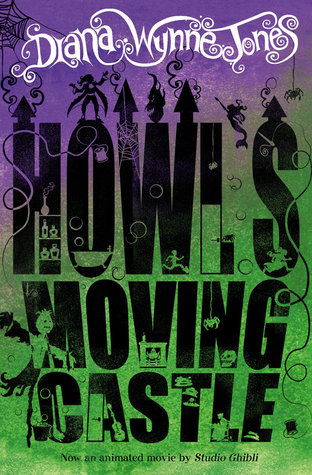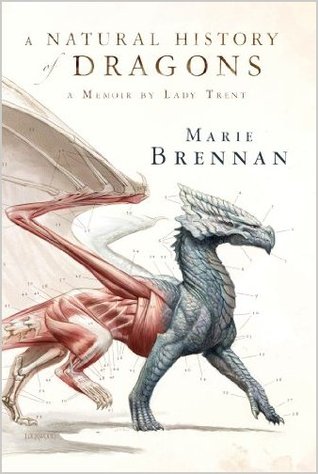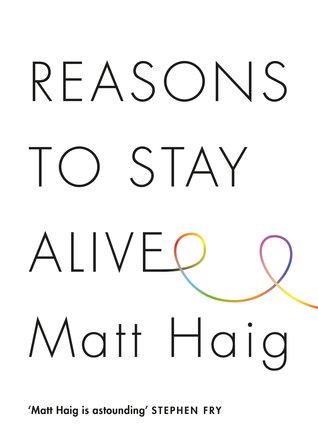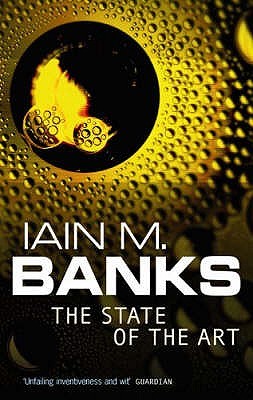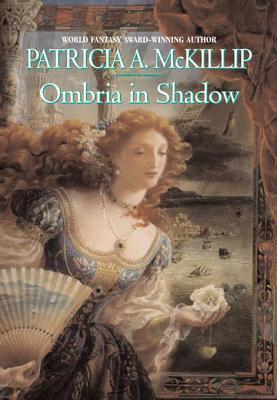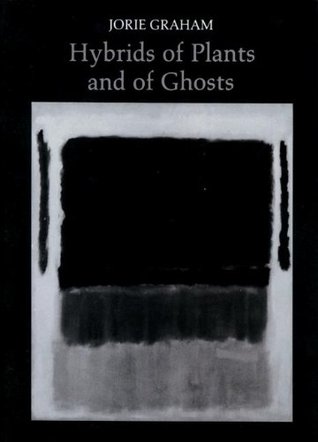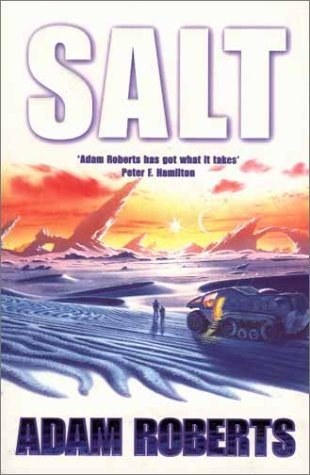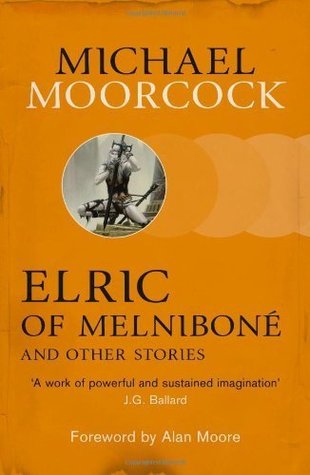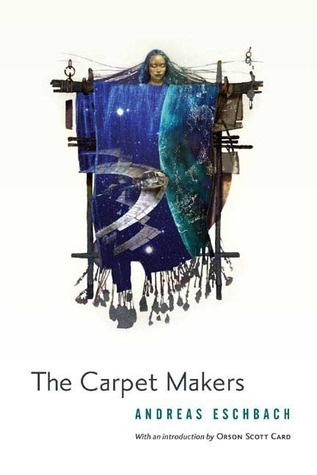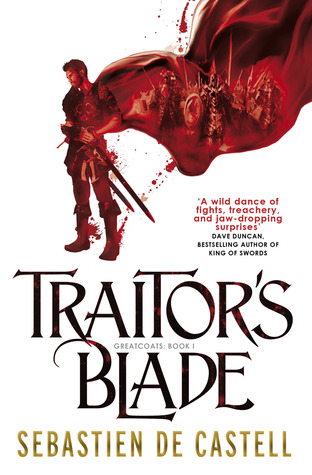 Traitor’s Blade, Sebastien de Castell
Traitor’s Blade, Sebastien de Castell
Halfway through this one, I went on Netgalley and requested an ARC of the second one. It was just so easy to read. It’s definitely a fantasy world sort of Three Musketeers story, with plenty of historic and cultural background to the story to make it interesting.
The characters worked well for me, too: okay, I’m not so fond of the womanising Brasti most of the time (especially not when he wants to loot corpses, which is totally against the Greatcoats’ customs), but the relationship between him and the others was still important. My favourite was probably Kest, though. The relationship (in flashbacks) between Falcio and his king is also an important one, and at the heart of the emotional part of the story. The group also has a bantering Gentleman Bastards flavour, if you’re a Scott Lynch fan.
In terms of plot, I called pretty much all of the twists a bit before they happened, but I looked forward to seeing exactly how it played out, so I didn’t mind. I’m interested to see what comes next, particularly with the characters who gained in importance toward the end of the book: Valiana and Aline.
One thing jarred a bit. There are powerful women, female Greatcoats, etc, and yet “you hit like a girl” is still a joke. Buh? Granted, the first time it’s used someone points out it’s idiotic, but really, is that where we need to get our humour from? Do we have to impose the gender norms of our world on fantasy ones? Sigh.
Rating: 4/5

